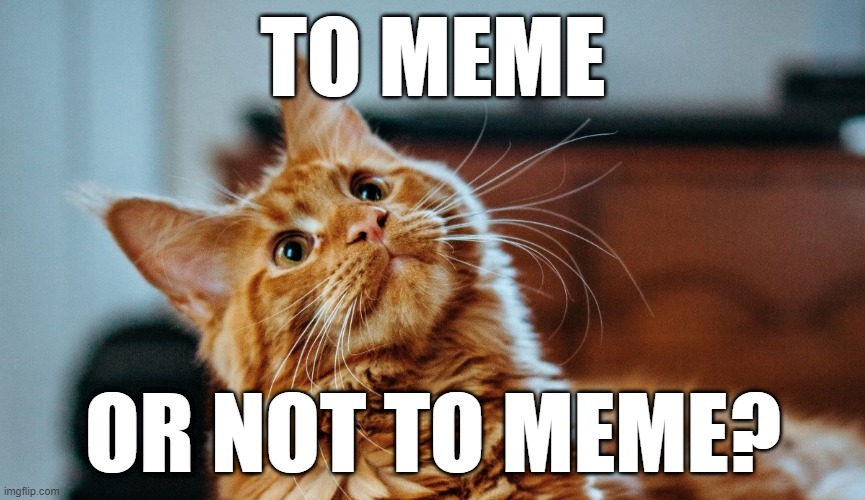Intellectual humility is like any good habit—it may not be as satisfying as indulgence, but it’s healthier in the long run.
Staying informed takes more than a meme

Back when I was a kid, I loved editorial cartoons (nerd alert). Editorial cartoons were subtle. I didn’t always understand them right away, so I had to read something to get a little more context and figure out what was being lampooned.
Today, much of the lampooning happens through memes. Memes can be hilarious, irritating, insightful, and frustrating in equal measure. What memes are not is subtle. Nuance isn’t the goal of memes. Memes are all about the hot take. An editorial cartoon from a century ago is like reading a long-form essay.
While memes are hilarious, how we use and share information online matters. Our recent podcast guest Larry Diamond calls for online behavior that helps “repair and sustain the civic culture of democracy”:
We all need to model – for our friends, our children, our extended families – good civic behavior online… Don’t take every rumor and every spectacular, fearful message that comes across your social media as fact. Do some navigating around outside the source to see whether there is credible support for the newsflash or the claim. Don’t be an unwitting perpetuator and conveyor belt for misinformation and unsubstantiated rumor.
We’re probably all guilty of sharing some snippet of information online that doesn’t represent an opposing viewpoint fairly. Seeking out and weighing perspectives critically might not make for hysterical content to share on Facebook and Twitter, but it is our responsibility to do so if we’re ever to escape the constant battle of isolated echo chambers.
At the Center, we see intellectual humility—actively seeking out information that can challenge your preconceptions—as vital. Drawing on the work of social psychologist Mark Leary, Brian Resnick notes in this article from Vox:
It’s not about being a pushover; it’s not about lacking confidence, or self-esteem. The intellectually humble don’t cave every time their thoughts are challenged. Instead, it’s a method of thinking. It’s about entertaining the possibility that you may be wrong and being open to learning from the experience of others. Intellectual humility is about being actively curious about your blind spots.
Intellectual humility is like any good habit—it may not be as satisfying as indulgence, but it’s healthier in the long run. It’s the mental equivalent of eating your vegetables, exercising, and brushing your teeth. Practice “lateral reading” by exploring a range of different viewpoints. Look to sources like Newsy, Media Bias/Fact Check, and the growing list of outlets from The International Fact-Check Network to check and cross-check for misinformation. And remember, if you’re fact-checking someone else, taking the conversation into a private one-on-one format rather than a public comment on social media is a more effective way to change someone’s mind.
So, while sharing that awesome takedown of a political foe may feel great and get a bunch of likes from your network, it’s not helping. Save the sharing for awesome and hilarious memes about cats.